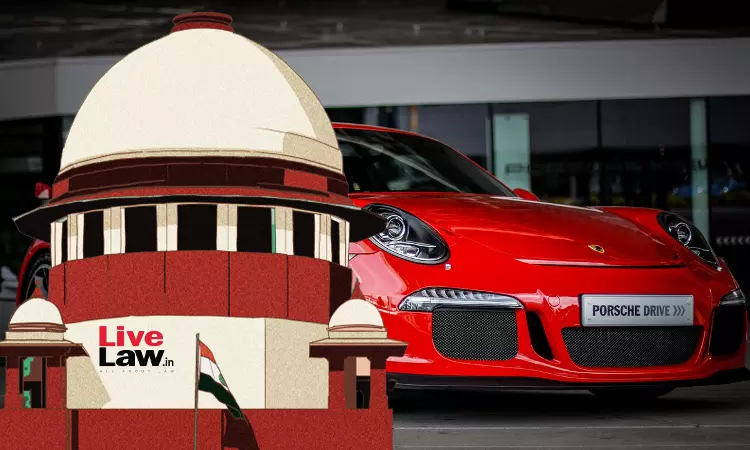The Supreme Court ruled that the 'subsequent purchaser' of an imported motor car cannot be called an 'importer' to attract the liability under the Customs Act, 1962 to pay customs duty on the import of the vehicle. The bench comprising Justice BV Nagarathna and Justice N Kotiswar Singh heard the appeal preferred by the subsequent purchaser of a Porsche Car against the High Court's...

